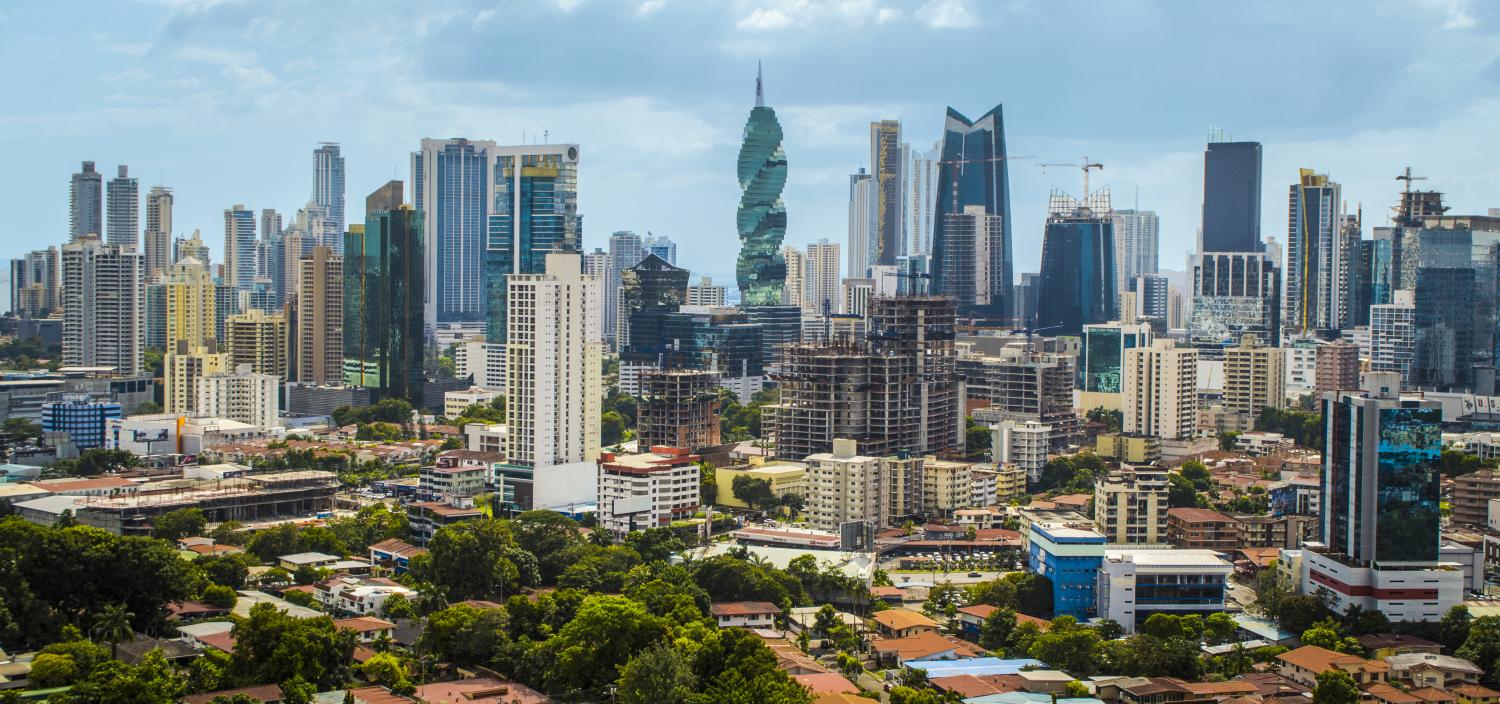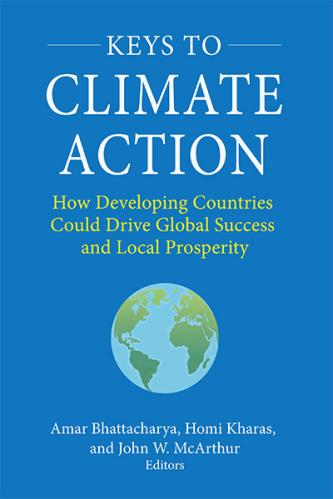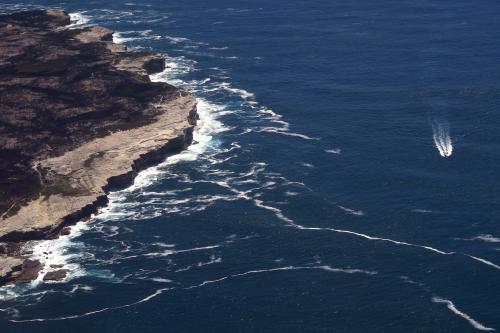This chapter was published in the edited volume “Keys to Climate Action: How Developing Countries Could Drive Global Success and Local Prosperity.”
How can the region with the lowest investment among major emerging and developing countries confront the challenges of climate events, natural disasters, and development gaps? In this working paper, Titelman, Hanni, Pérez Benítez, and Carpentier focus on the pathways to bolster investment using the opportunity to accelerate low-carbon transitions and build resilience to climate change. To close the climate finance gaps, the authors detail opportunities for ramping up public and private resource mobilization efforts, such as expanding fiscal space, securing climate debt relief, targeting tax incentives, and issuing thematic bonds. These efforts to promote public and private investment can be amplified further by proactive financing from multilateral and regional lenders, global climate funds, and national development banks.
Interview with the authors
What is one main message from your chapter?
Tackling climate change and achieving sustainable and inclusive development in Latin America in the Caribbean hangs on mobilizing the resources necessary to finance large-scale investment.
What presents the biggest opportunity?
Ramping up climate adaptation and mitigation investment will help to close numerous structural development gaps, such as anemic potential economic growth, low productivity, insufficient infrastructure to support economic development, among others.
What serves as the biggest challenge?
Latin America and the Caribbean face a significant fiscal constraint and high debt levels, which impedes a public investment push. Loosening this constraint will require countries to forge fiscal pacts that create consensus around the need to address the region’s weak tax take.
What gives you the most hope?
Latin America and the Caribbean is a geographically unique region, spanning two continents and draped by two oceans, that is home to a rich mix of cultures and traditions, all threatened by effects of climate change. A new generation is pushing for public policies to protect the region from the impacts of a changing climate, while at the same time closing structural development gaps that have long derailed economic and social development.
The Brookings Institution is committed to quality, independence, and impact.
We are supported by a diverse array of funders. In line with our values and policies, each Brookings publication represents the sole views of its author(s).








